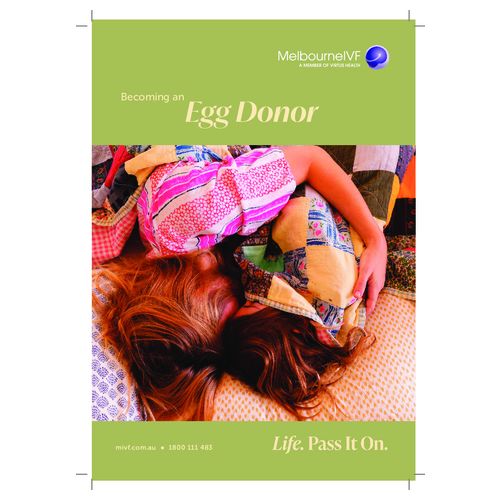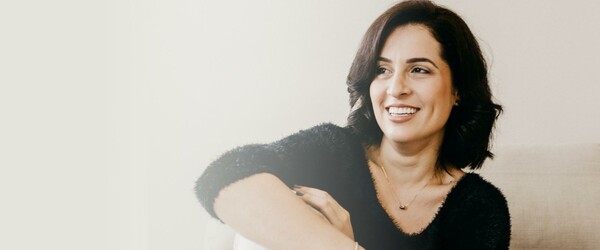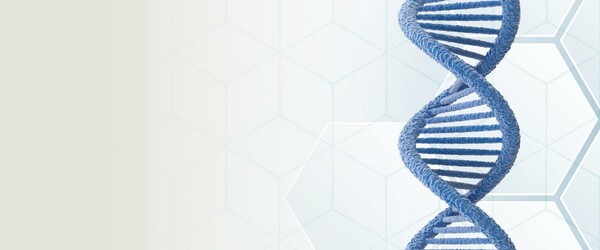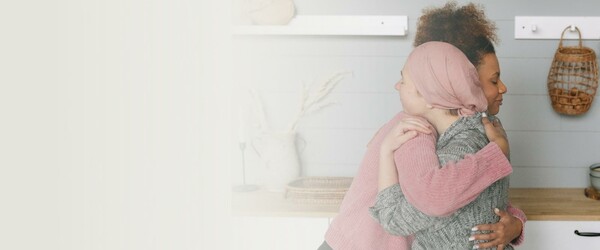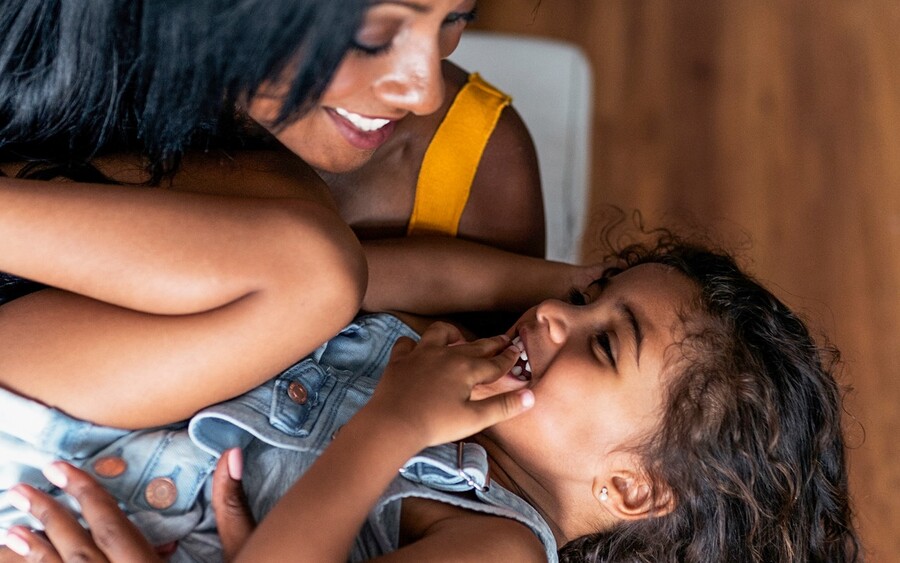
Become an egg donor
By donating your eggs, you’re donating the love and pure joy of helping someone else grow their family. If you’re considering becoming an egg donor, we’d love to hear from you.
Who can be an egg donor?
Our clinic recruited egg donors are required to be aged between 23 and 36.
Prior to proceeding with donation, all potential egg donors (and their partners, if applicable) will undertake a minimum of two counselling sessions and screening blood tests, and will complete a Genetic and Medical Health Questionnaire.
Where there is a family history of genetic or medical conditions, a clinical geneticist provides an assessment of potential risks to future offspring.
Can I be paid to donate my eggs to the clinic?
In Australia, donating eggs is an altruistic act and it is illegal to pay a donor to donate.
However, you can be reimbursed for reasonable expenses incurred during the process of donating. Melbourne IVF will reimburse reasonable expenses incurred with a proof of receipt.
The donor will only be reimbursed if accepted into the program and once consents have been signed and the eggs have been cleared for use.
The egg donation process
Step 1: Speak to our donor team
They’ll explain the entire process and answer any questions.
Step 2: Counselling
Counselling is scheduled for both you as the donor and the intending recipient (and your respective partners, if applicable). Counselling is mandatory, and is an opportunity to discuss donor treatment and its implications.
Step 3: Consult with a fertility specialist
They’ll get to know you, and your medical history. This can include screening blood tests and a medical health questionnaire.
Step 4: Egg collection
Once consent has been signed alongside the counsellor, an egg collection will be organised. Being an egg donor involves the first two steps of an IVF cycle to have the eggs collected.
For donors who know the recipient, if the intention is to transfer fresh embryos, the donor’s stimulated cycle is coordinated with the intending recipient’s cycle.
Before an egg collection procedure, you will be given medication to grow the number of eggs normally produced. This is monitored (as for an IVF-stimulated cycle) by the fertility specialist and will usually involve two to three vaginal ultrasound scans. The donor egg collection procedure is then performed under a light general anaesthetic and takes around 20 minutes. It is usually performed in our East Melbourne Specialist Day Hospital, Waverley Private Hospital Day Procedure Centre, or as a clinic patient through Reproductive Services at the Women's Hospital.
If the donation is organised through the clinic, the collected eggs will be quarantined for 3 months prior to selection and fertilisation.
Step 5: Donation to the recipients
Your eggs will then be donated to the recipients. The process for them involves collecting the sperm and fertilising the donated eggs in the laboratory. One of the resulting embryos is transferred into the recipient who will carry the pregnancy, and any other viable embryos are frozen for potential future use. After two weeks, a pregnancy test is carried out by the recipient.
Once a child conceived using donated eggs turns 18, they will be able to access certain information about the egg donor.
Watch the video to learn what's involved
Egg Donation Booklet
